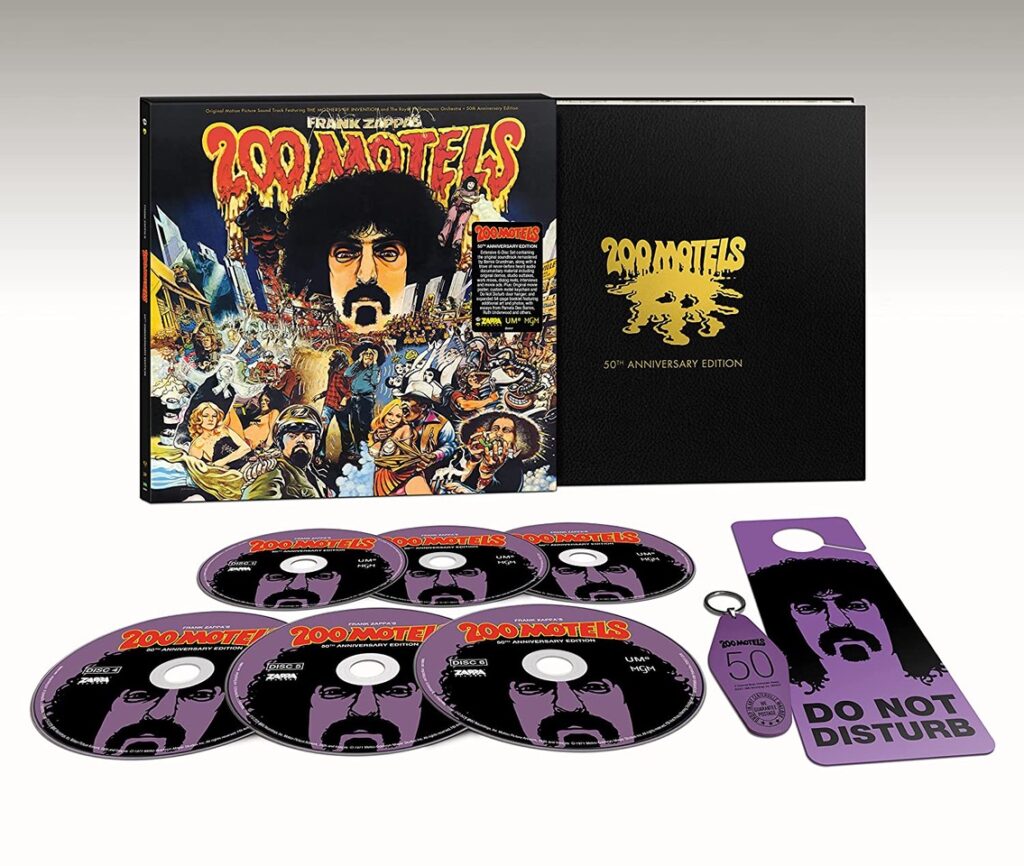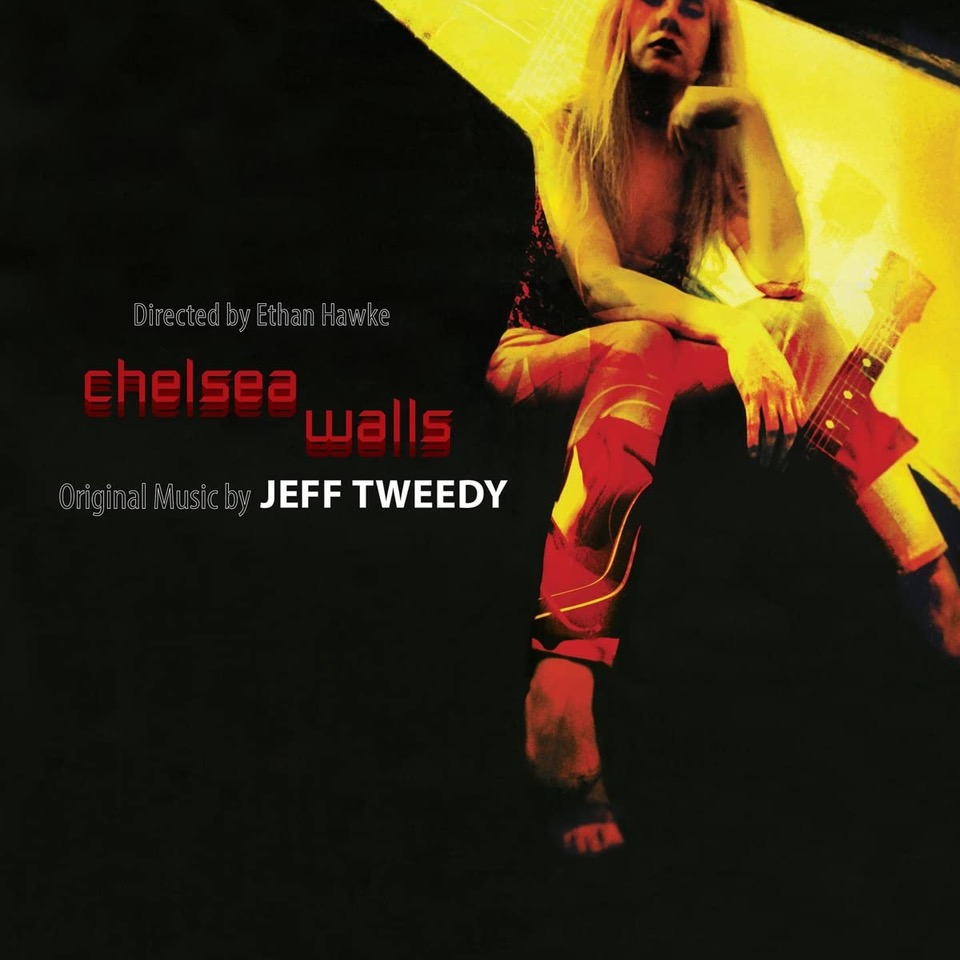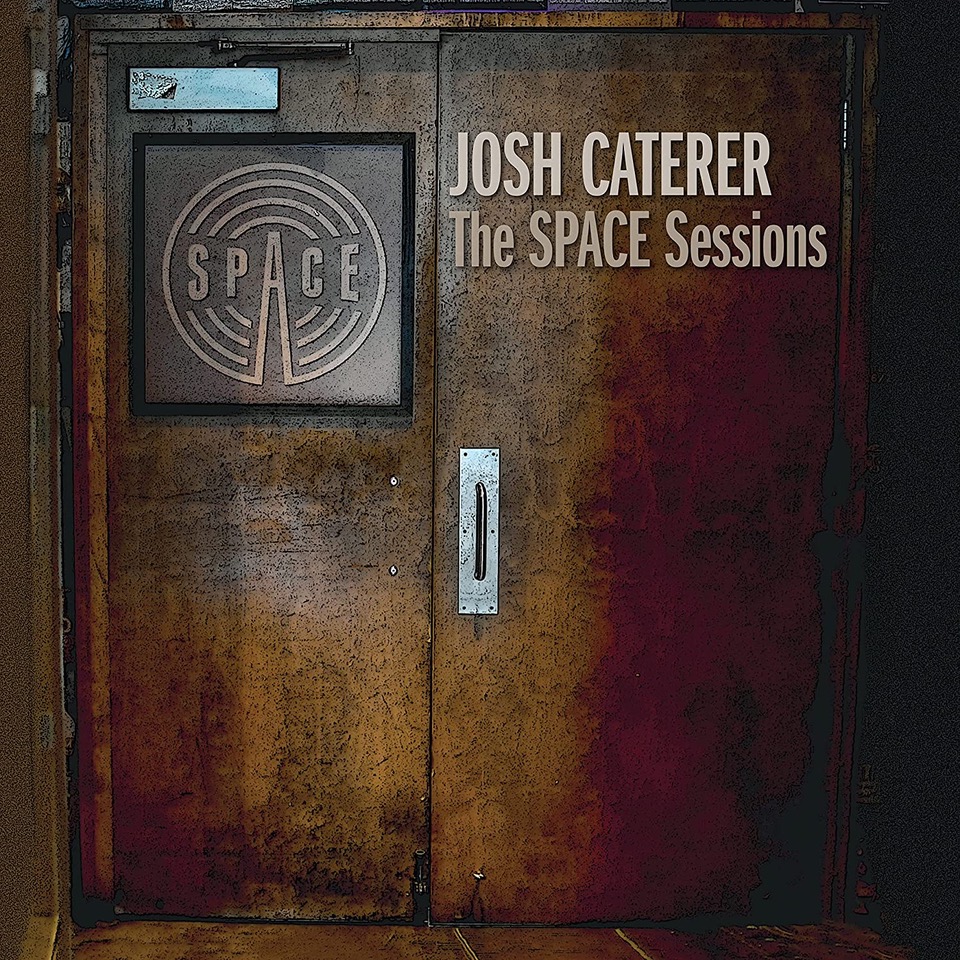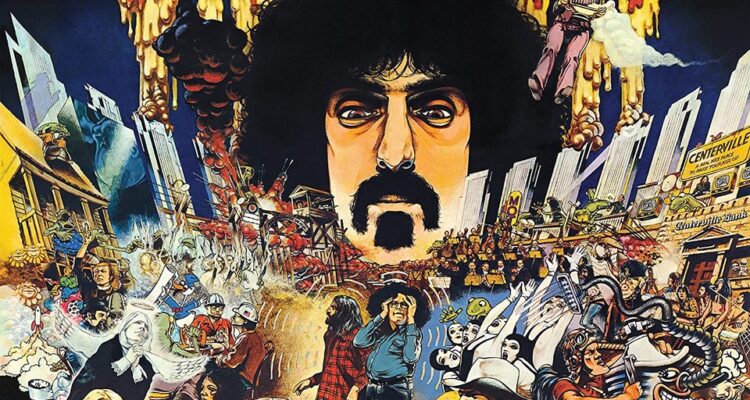Lots of craziness went down in the arts in the late 1960s and early 1970s, but it’s hard to think of anything much crazier than Frank Zappa’s 200 Motels, a film that first appeared in October 1971. Described by Zappa as “a surrealistic documentary,” it ostensibly conjures up a rock band’s life on the road via a mishmash of skits, satire, music, animation, and a truckload of cutting-edge special effects. The irreverent script lacks a chronology or coherent storyline.
Performers and musicians in the film and on the accompanying soundtrack are a motley crew. The list embraces Zappa himself on guitar and bass and members of the Mothers of Invention, including ex-Turtles Mark Volman and Howard Kaylan (vocals), Ian Underwood (keyboards, winds), Ruth Underwood (orchestra drum set), Aynsley Dunbar (drums), George Duke (keyboards, trombone), Martin Lickert (bass), and Jimmy Carl Black, the self-proclaimed “Indian of the group” (vocals). Also featured are the Royal Philharmonic Orchestra; a classical guitar ensemble supervised by John Williams; Theodore Bikel, who provides narration; groupie and GTOs group member Pamela Des Barres; Ringo Starr as “Larry the Dwarf” dressed up to look like Zappa; and the Who’s Keith Moon as “The Hot Nun.” Who but Zappa could convince all these disparate people to work together?
The movie – notable as the first full-length motion picture to be shot on videotape and then transferred to film – garnered decidedly mixed reviews. TV Guide praised its “marvelous whirl of color and visual effects” and “fine animation” but in the New York Times, Vincent Canby compared its effect to “an overdose of Novocain.” Variety’s critic, meanwhile, sat on the fence, calling the film “both sophisticated and sophomoric.”
That last comment could also apply to the soundtrack, which omits some material that’s in the movie and includes some that isn’t. Typical of Zappa, the music is all over the place, ranging from hard rock to doo-wop to country, but what predominates are orchestral pieces, some of which reflect his interest in avant-garde classical composers. A lot of it is worth hearing but much of the dialogue is puerile or even cringe-worthy and rarely as funny as Zappa clearly thought it was. Though superficially a bit reminiscent of Firesign Theatre, it’s not nearly as clever; and while critics found the movie hard to follow, the absence of visuals renders some of the spoken bits even more abstruse.
Of course, your mileage may vary, and if you’re a serious fan, you’ll be glad to hear that 200 Motels has been dramatically expanded for a 50th-anniversary edition. The package features six discs encased in a hardcover, LP-sized 64-page book that includes extensive notes about the film and album by assorted involved parties. Illustrations include stills from the movie, performance shots, and newspaper clips with headlines ranging from “200 Motels Similar to Fellini Films” and “Good, Clean Fun Fills 200 Motels” to “Zappa Put-on a Real Put-off.”

The box set also delivers a 200 Motels keychain, a “Do Not Disturb” 200 Motels door hanger, and a two-by-three-foot movie poster. Rather curiously, one thing this otherwise exhaustive anniversary edition does not include is a DVD or Blu-ray of the movie itself.
It will take you more than seven hours to work your way through the CDs, the first two of which contain a remaster of the original soundtrack plus 17 demo recordings. Disc Three and part of Disc Four consist of “Dialog Protection Reels,” which are recently discovered “safety tapes” that offer an early version of the film and include bits that didn’t make the final cut. The bulk of Disc Four offers outtakes, alternate versions of the music, ads for the movie, and such other items as Frank Zappa talking about Ringo and Ringo talking about 200 Motels. Discs Five and Six are a grab bag that includes unreleased outtakes, alternate takes, and song rehearsals.
There’s good and bad news about these CDs. The bad news is that there’s a surfeit of the spoken material, which you probably won’t want to play more than once and which, as noted earlier, contains a preponderance of subpar and not-so-funny bits. The good news is that there’s also plenty of music, much of which is noteworthy. More good news: for those of you who don’t feel a need to hear every tidbit or to own trinkets like the keychain, the remastered soundtrack is also available in inexpensive two-LP and two-CD editions.
Also Noteworthy

Various Artists, Chelsea Walls. This soundtrack from 2001’s Chelsea Walls—the first film to be directed by actor Ethan Hawke – didn’t garner nearly the attention it deserved when it first appeared, so its reissue now (with two bonus tracks and new liner notes) is welcome. Wilco’s Jeff Tweedy, in his first solo outing, wrote most of the music, the lion’s share of which consists of frequently engrossing improvised instrumentals by him and then future Wilco drummer Glenn Kotche. Even better are Wilco’s version of Tweedy’s “Promising,” which would have been a standout on any of its albums.
Also excellent are Chelsea Walls’ three non-Tweedy tracks. They include “When the Roses Bloom Again,” which features lyrics by Woody Guthrie and comes from the Billy Bragg/Wilco sessions for 1998’s Mermaid Avenue; an inventive reading of John Lennon’s “Jealous Guy” by the late jazz vocalist Jimmy Scott; and “Softly and Tenderly Jesus Is Calling,” the old Christian hymn, which actor Robert Sean Leonard performs.

Josh Caterer, The Space Sessions. Recorded at a Chicago concert hall called Space, this follow-up to last year’s excellent Hideout Sessions findstalented vocalistJosh Caterer again working with bassist John San Juan and NRBQ’s John Perrin for another powerful collection that includes six covers and four originals by Caterer, the longtime leader of the punk band Smoking Pipes.
Like the 2021 release, this one exudes eclecticism with a program that embraces imaginatively arranged material as diverse as the Bee Gees’ “I Started a Joke,” Willie Nelson’s “Angel Flying Too Close to the Ground,” Etta James’s “At Last,” and Frank and Nancy Sinatra’s “Somethin’ Stupid” (a duet with Caterer’s daughter Phoebe). Prepare to be impressed – and to wonder why the singer isn’t more widely known.
Jeff Burger’s website, byjeffburger.com, contains five decades’ worth of music reviews, interviews, and commentary. His books include Dylan on Dylan: Interviews and Encounters, Lennon on Lennon: Conversations with John Lennon, Leonard Cohen on Leonard Cohen: Interviews and Encounters, and Springsteen on Springsteen: Interviews, Speeches, and Encounters.



